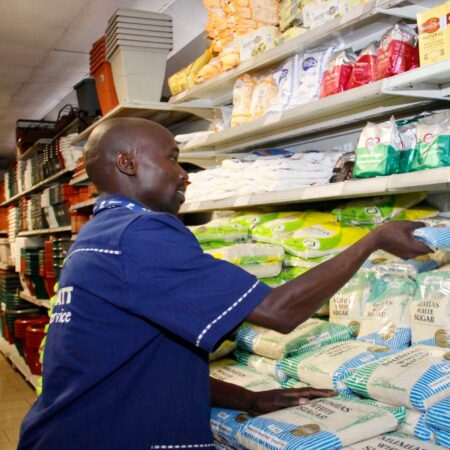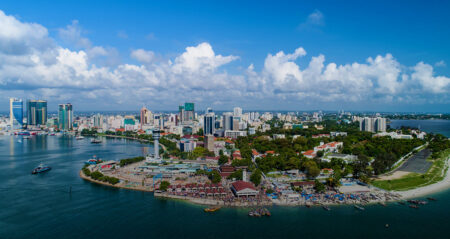The Covid-19 world pandemic has disrupted our lives in a way most can only fantasize about. It has not spared any sector and some are even making a kill from it. Talk of the entrepreneurial spirit in this country!
The same cannot be said of the insurance sector, however. For starters the insurance industry has stated that Covid-19 is not coverable because it falls under pandemics which are an exclusion in a typical insurance cover. A pandemic has to be defined by World Health Organisation (WHO) as such for it to qualify as an exclusion in an insurance product. Few insurance policies cover pandemics despite the potential for disaster, because the risk is not well understood and also difficult to price. But going forward there is a huge interest from companies looking for protection against business interruption suggesting that pandemic policies are the next big thing in commercial insurance.
When President Kenyatta announced that he was going to institute a raft of measures to help alleviate suffering of the common man because of the pandemic using taxation, there was relief that the executive was finally being considerate of the Mwananchi who has been thrown into a curfew and the lessened business activity that comes with it. But this was just that, a wish because what has come out as proposals to Tax Laws (Amendment) Bill 2020 is anything but.
I will restrict myself to insurance matters since that is what I am an expert in. The proposal on Value Added Tax (VAT) was a reduction from the current sixteen per cent to fourteen percent. That would be good were it not for the devil in the details. The reduction has now introduced VAT to a host of other activities not previously taxed or goods and services previously exempt or zero rated. This includes fertilizers, fishing nets of man-made textile materials, mosquito nets, also materials, waste, residues and by-products whether or not in the form of pellets used in preparation of animal feeds, insurance agency and brokerage services—the list is endless. A total of over thirty items are affected.
The biggest headache is how to charge VAT for us insurance intermediaries who basically earn a commission from the sale of insurance products. We need to understand that insurance product pricing is arrived at from a mathematical process using actuarial science which determines the risk and other variables relating to a product. Insurance intermediaries do not pull these prices from their heads to engage their clients with. Where VAT is introduced to intermediaries the assumption is that prices of insurance products are arbitrarily fixed and that the VAT will be just another component to add and voila! you have a new pricing.
That is erroneous because we have to assume that insurance companies will give a commission on the new pricing yet they are not even party to the pricing. Commissions are earned on the priced product from an insurance company which considers all factors.
VAT charge to insurance intermediaries is also assuming that we collect taxes and remit the same to Kenya Revenue Authority (KRA). The tax paid out by intermediaries is withholding tax which is collected by insurance companies on behalf of KRA. How then would intermediaries take charge of VAT on the same product whose tax is also being collected by insurance companies? Wouldn’t this unnecessarily complicate a tax that is supposed to be simple to understand?
When the intermediary is paying withholding tax on a product and is now going to also be charged VAT on the same, wouldn’t this be triple taxation of an insurance agent and broker’s commission seeing that even withholding tax is not a final tax on the commissions earned by the same?
We are of the opinion that the Insurance Regulatory Authority (IRA) has failed the government in not advising it on insurance matters and also the fact that these proposals should have first of all passed through stakeholder consultations before being taken for debate in parliament.
There has been talk of trying to get rid of the insurance intermediaries in this industry by introducing a raft of measures aimed at weakening them; there are some cases in court even as we try to stop the onslaught against us.
If these are the Tax Laws (Amendment) Bill 2020 meant to cushion the common man against hardships brought about by the pandemic then this government is seriously out of touch with the Mwananchi and serious consultation needs to start at the grassroots level before any more of these amendments are put in place. Otherwise, and to borrow from a writer on the same topic, in these Covid-19 times whose government is this?










